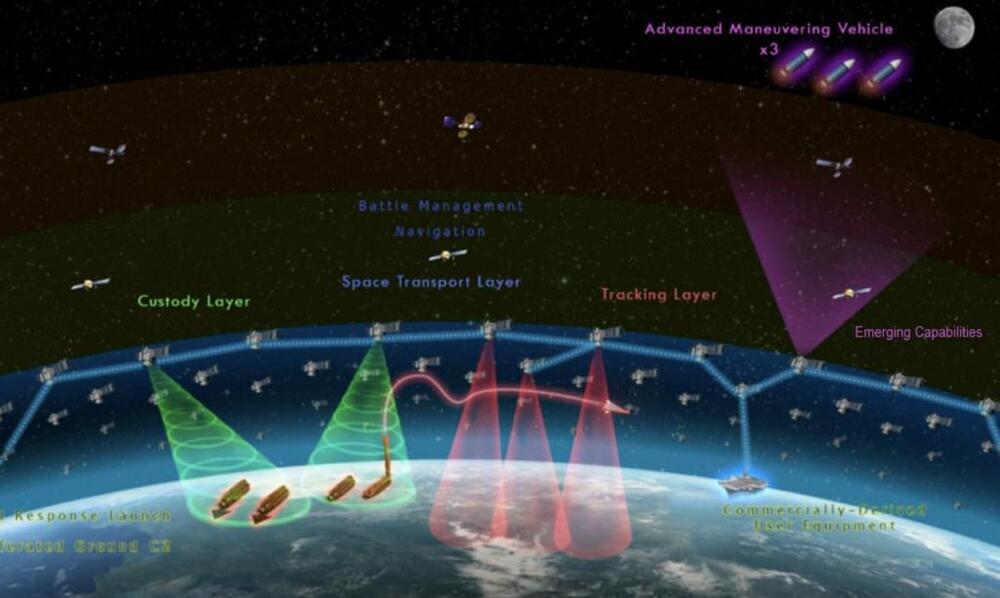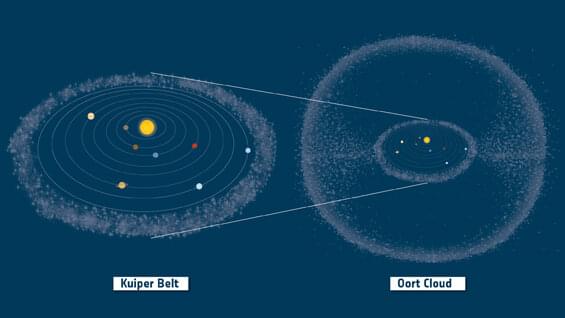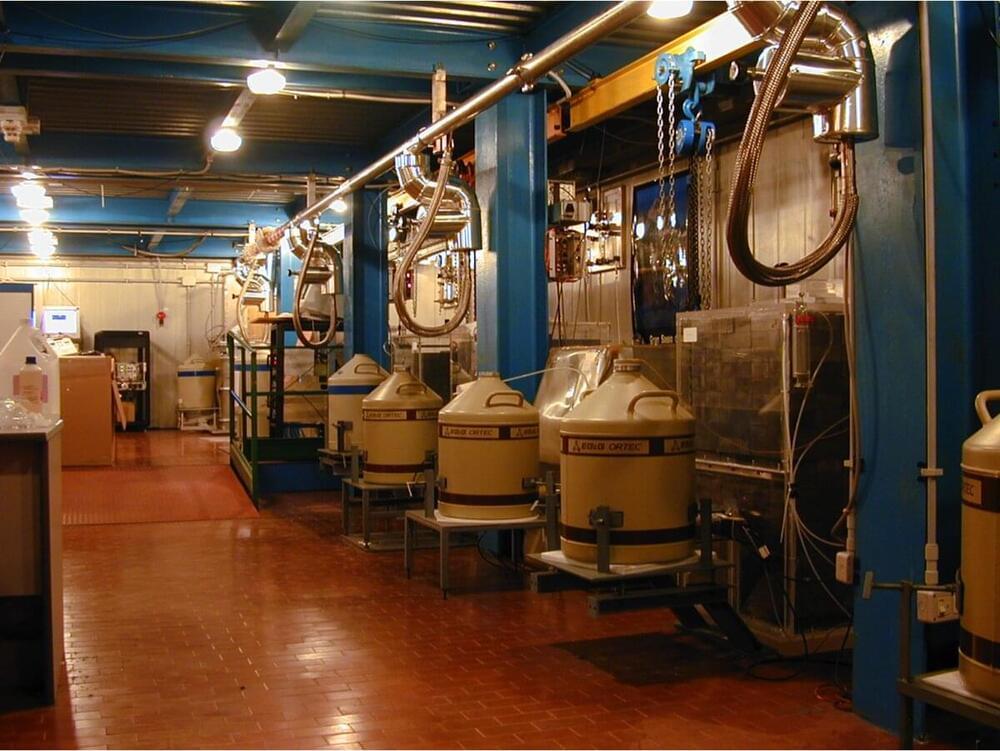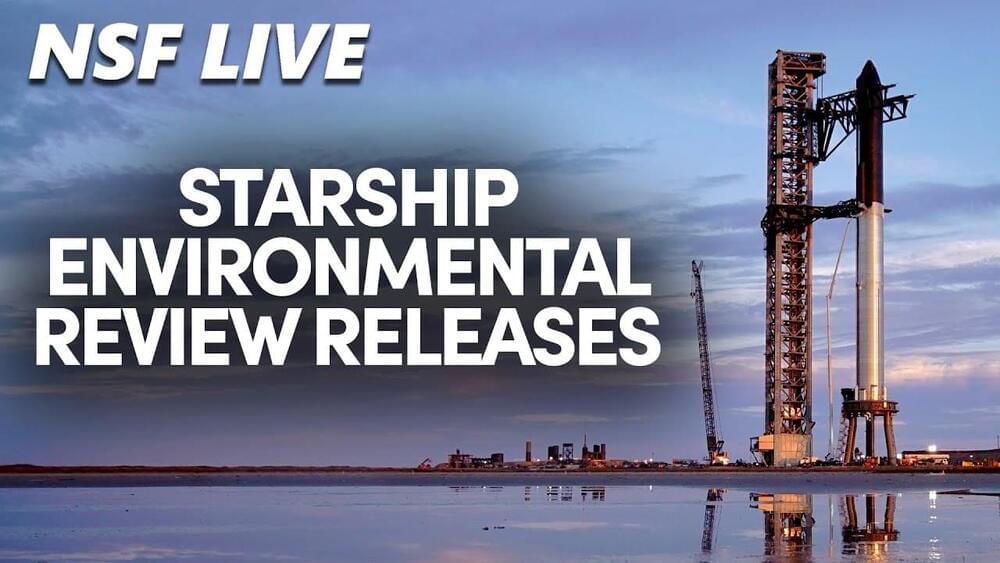Jun 13, 2022
DoD space agency to acquire 10 satellites for experiments in low Earth orbit
Posted by Genevieve Klien in categories: government, military, satellites
WASHINGTON — The Space Development Agency is looking to acquire as many as 10 satellites to host military payloads for experiments in low Earth orbit.
This new procurement of satellites – known as the NExT experimental testbed – replaces a previous SDA program called T1DES announced last fall.
The T1DES procurement was for 18 satellites hosting industry-developed experimental payloads. The plan was to integrate them with the agency’s 126-satellite broadband constellation known as the Transport Layer Tranche 1 projected to launch in 2024. Under the new plan, SDA will move forward with the deployment of the Transport Layer and will select a separate contractor to produce 10 satellites that will host government-developed payloads for technology experiments.


















